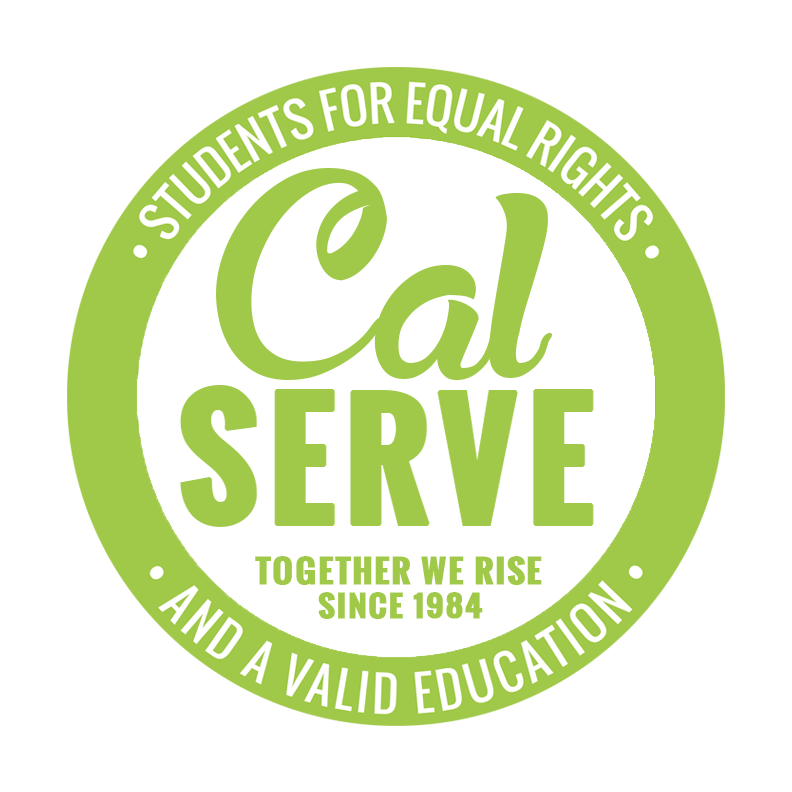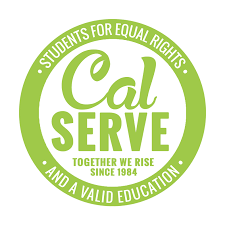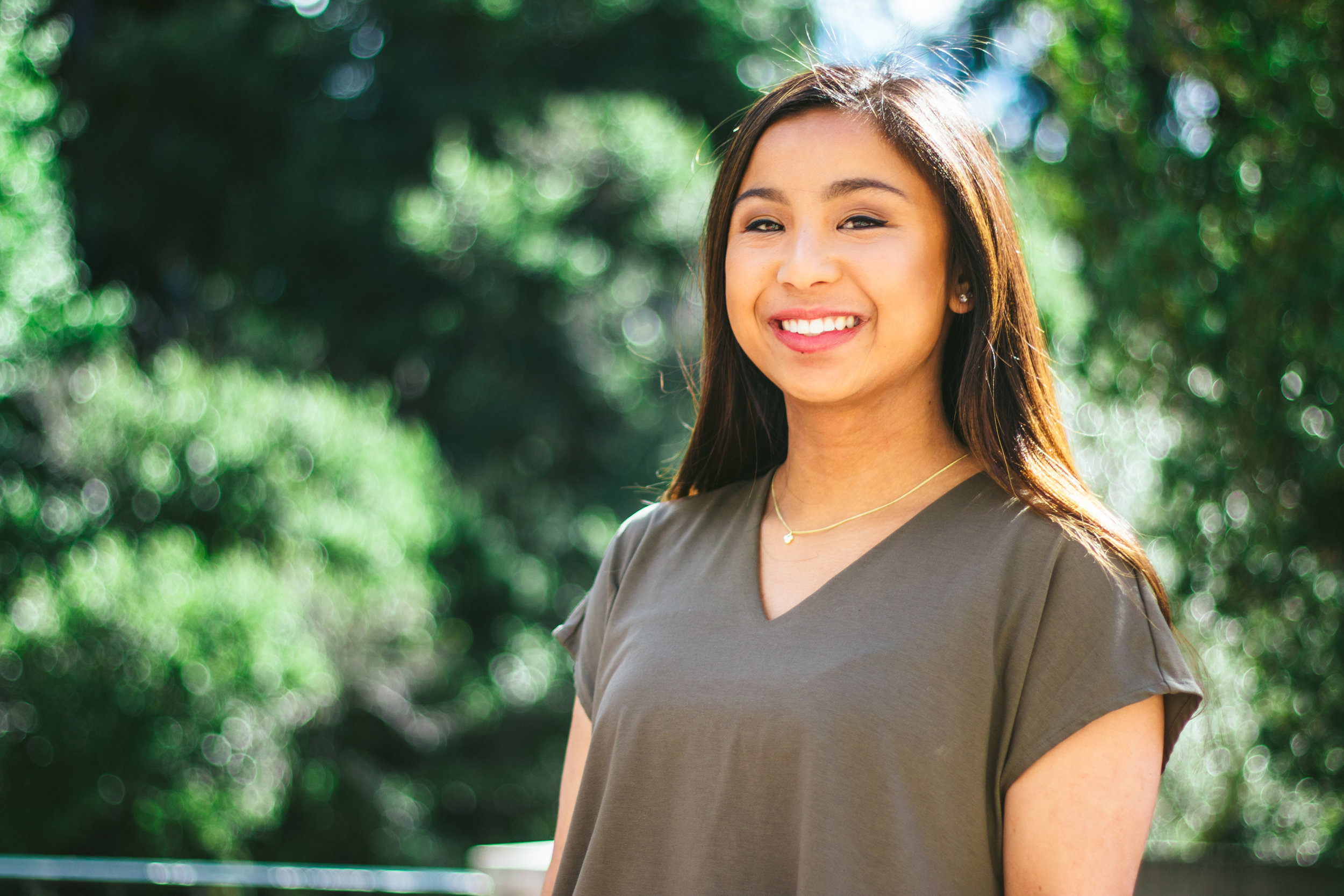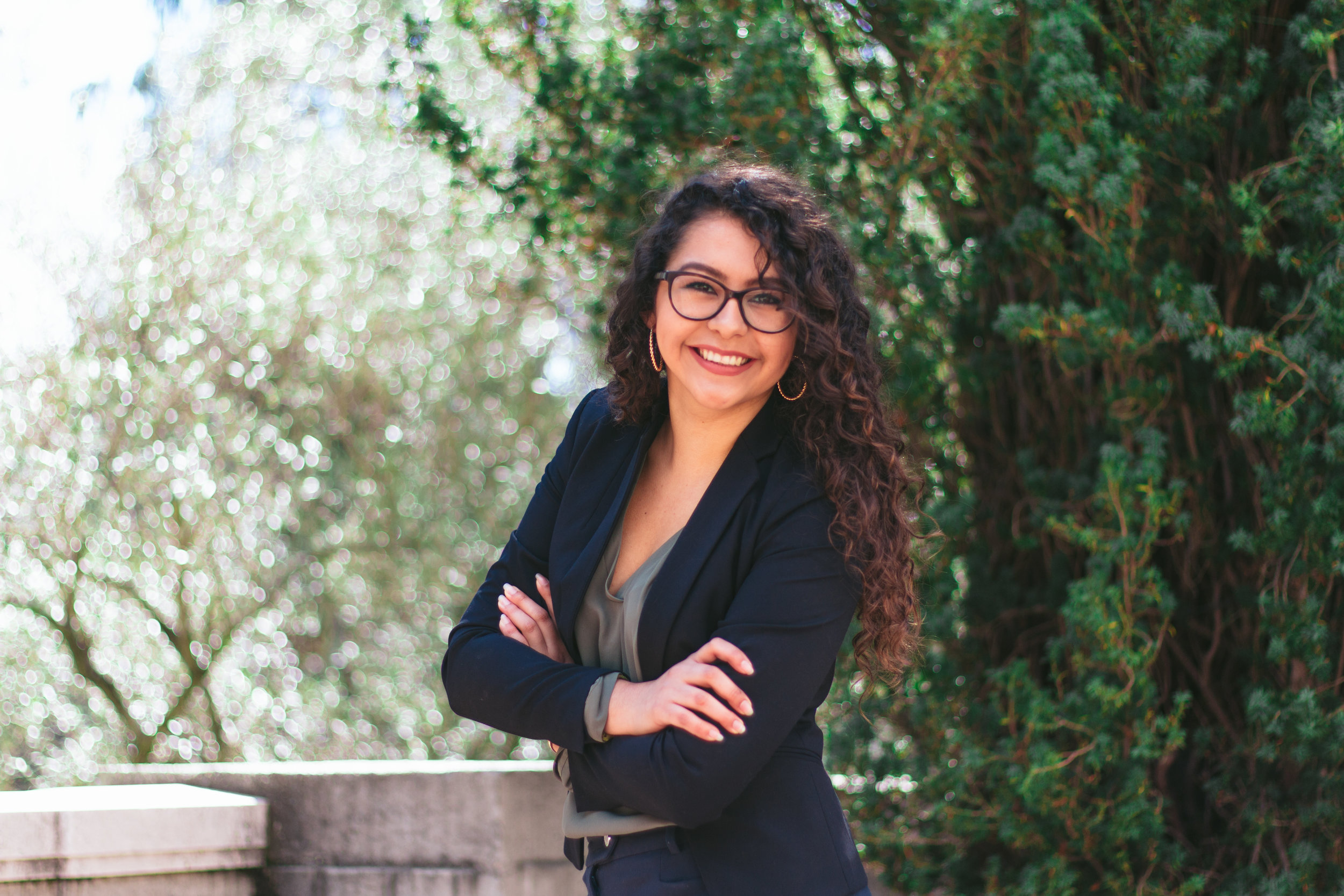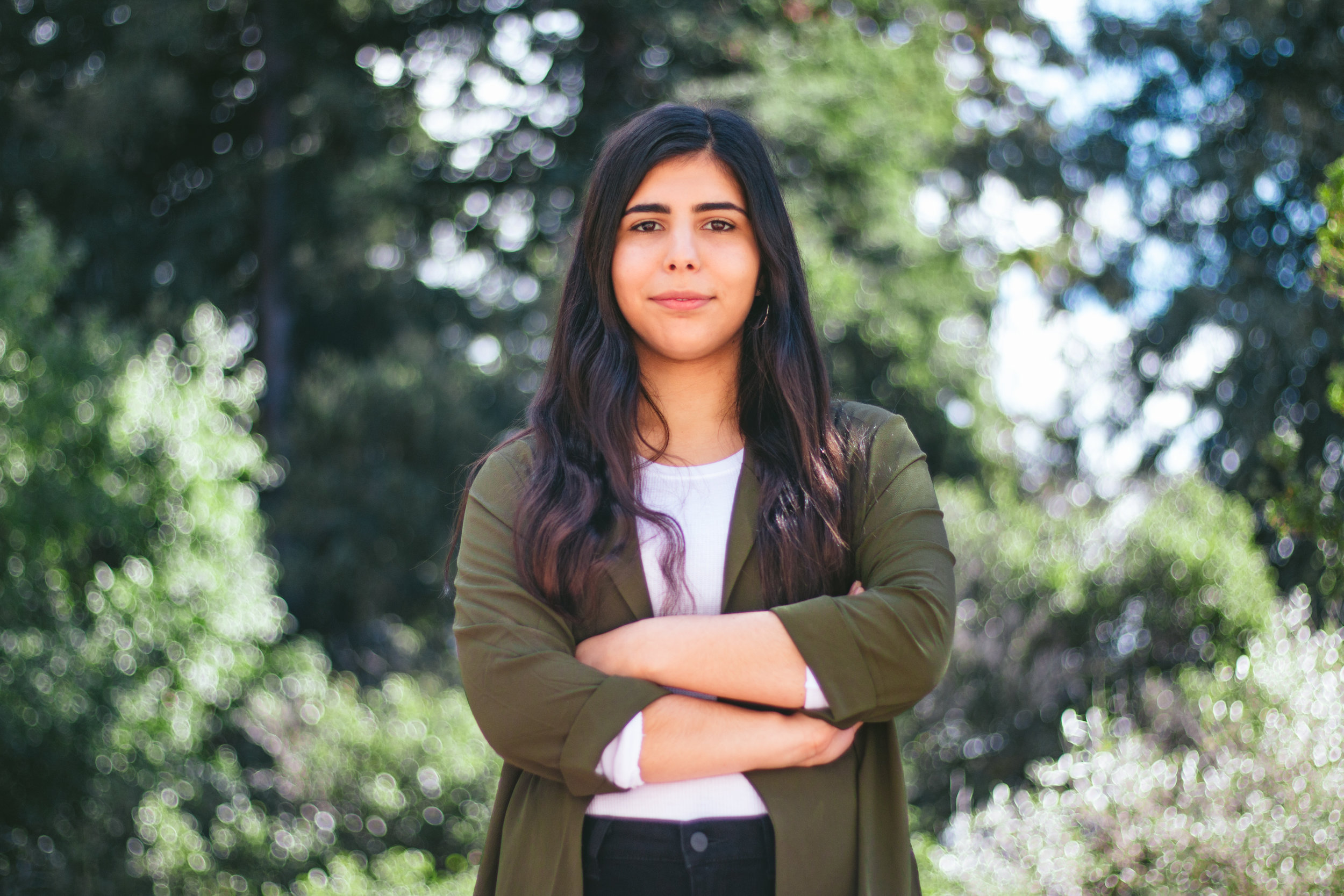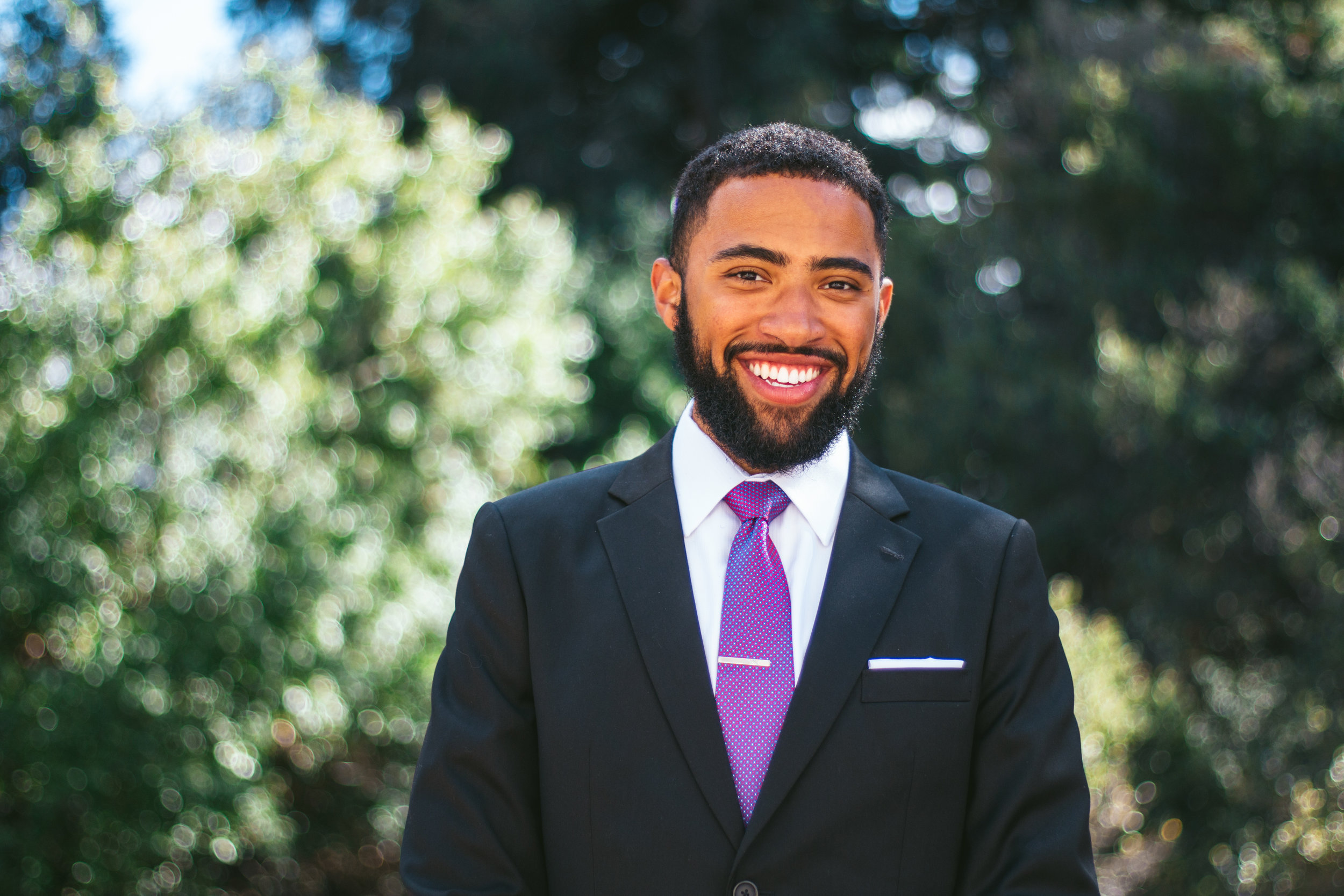Calserve 2018 executive slate
When selecting our executive slate, our coalition centers the community members who have proven their commitment to the work. We consider candidates' experience in grassroots organizing, qualifications within the ASUC, intentionality in values, and potential to be the best advocates possible for our campus community. We understand the executive offices to be platforms that can uplift community needs, so we choose wisely. Our 2018 Executive Slate embodies the politics we strive to uphold and are proud to announce. Vote CalSERVE!
PRESIDENT
Juniperangelica
"The presidency is about leadership. Which student will lead the ASUC and who will help set the agenda? I see the office of the president as the platform I can and will use to uplift the intersectional and complex needs of our entire student body. It is not a pedestal to rest upon, but a platform to charge forward an aggressive agenda that strives to improve the welfare of all campus community members. My experience within student government and organizing circles affords me the qualifications that I know will drive the ASUC toward effective, community-based advocacy within UC Berkeley. I understand the office of the president to be an opportunity for our students to feel the power that is vested in our minds and see that transform the UC Berkeley experience."
EAVP
Nuha
"The External Affairs Vice President of the ASUC is essentially the representative for students around issues that go beyond the scope of this campus. I am ready to elevate and empower the voices of our students at the local, regional, state and national level. Working in tandem with other UCs we can harness the power of advocacy to get meaningful work done. My experience with organizing at the UC and local level is what drives me to want to continue doing the work of advocating with students beyond UC Berkeley."
AAVP
Rizza
"The Academic Affairs VP of the ASUC is a powerful means of instituting education equity on the Cal. Though it has been repeatedly asserted that university campuses are space that upholds the values of imperialism, that regularly exploit and marginalize specific classes of students, one of the most prevalent ways this manifests is through inequitable academic policy. From the content we regard as having academic merit, to how our university fails to enable the academic success of its most marginalized students. I believe that one of the only ways to enable comprehensive change to this university’s campus culture is to have a seat at the table, to be able to demand that students be chosen over pride, profit, and reputation."
